3D printing has revolutionized the way we approach manufacturing and prototyping. Among the various materials used, metal powders stand out for their strength, versatility, and high-performance applications. This article delves into the world of 3D printer powder suppliers, detailing key players, metal powder types, their applications, and more. Whether you’re a seasoned professional or a curious enthusiast, this guide will equip you with all the necessary insights.
Overview of 3D Printer Powder Suppliers
3D printer powder suppliers provide essential materials for the additive manufacturing industry. These powders are used in various 3D printing technologies, such as Selective Laser Melting (SLM), Direct Metal Laser Sintering (DMLS), and Electron Beam Melting (EBM). The suppliers not only offer a range of metal powders but also ensure the powders meet specific standards for purity, particle size distribution, and chemical composition.
Types of Metal Powders and Their Descriptions
Here’s a closer look at ten specific metal powder models widely used in 3D printing:
| Metal Powder | องค์ประกอบ | คุณสมบัติ | ลักษณะเฉพาะ |
|---|---|---|---|
| Stainless Steel 316L | Fe, Cr, Ni, Mo | High corrosion resistance, high strength | Ideal for medical and marine applications |
| Titanium Ti6Al4V | Ti, Al, V | Lightweight, high strength-to-weight ratio | Aerospace and biomedical applications |
| Inconel 718 | Ni, Cr, Fe, Nb | High temperature resistance, corrosion resistance | Suitable for turbine blades and rocket engines |
| Aluminum AlSi10Mg | Al, Si, Mg | Lightweight, good thermal properties | Automotive and aerospace components |
| Tool Steel H13 | Fe, Cr, Mo, V | High hardness, wear resistance | Molds and dies in manufacturing |
| Cobalt-Chrome CoCr | Co, Cr, Mo | Excellent biocompatibility, corrosion resistance | Dental and orthopedic implants |
| Nickel Alloy 625 | Ni, Cr, Mo, Nb | High strength, oxidation resistance | Marine and chemical processing |
| Copper Cu | Pure Cu | ค่าการนำความร้อนและไฟฟ้าสูง | Electrical components, heat exchangers |
| Maraging Steel MS1 | Fe, Ni, Mo, Co | High strength, good toughness | Aerospace and tooling applications |
| Bronze CuSn10 | Cu, Sn | Good wear resistance, attractive finish | Decorative objects, bearings |
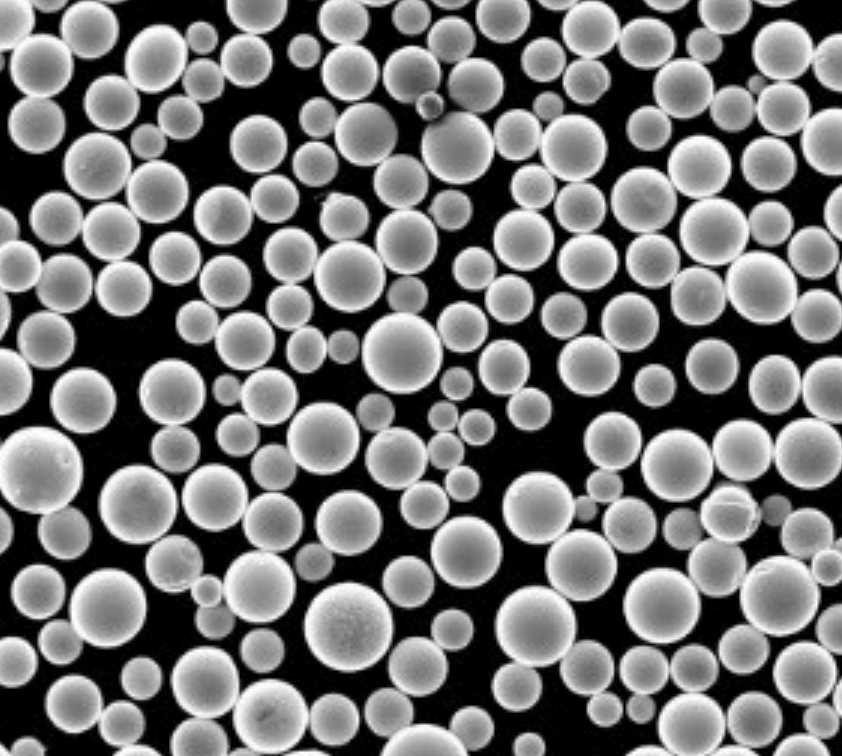
Applications of 3D Printer Metal Powders
These metal powders find applications across various industries due to their unique properties:
| อุตสาหกรรม | แอปพลิเคชัน |
|---|---|
| อวกาศ | Turbine blades, structural components, engine parts |
| ยานยนต์ | Lightweight structural parts, heat exchangers, engine parts |
| แพทย์ | Implants, prosthetics, surgical tools |
| Dental | Crowns, bridges, dental implants |
| พลังงาน | Turbine components, heat exchangers |
| การผลิต | Tooling, molds, production parts |
| เครื่องประดับ | Customized designs, intricate patterns |
| เครื่องใช้ไฟฟ้า | Connectors, heat sinks, EMI shielding |
Specifications, Sizes, Grades, and Standards
Metal powders for 3D printing must adhere to specific standards to ensure quality and performance. Here’s a detailed look:
| Metal Powder | Particle Size Range (µm) | เกรด | มาตรฐาน |
|---|---|---|---|
| Stainless Steel 316L | 15-45, 45-106 | 316L | ASTM F138, ISO 5832-1 |
| Titanium Ti6Al4V | 15-45, 45-106 | ชั้น ป.5 | ASTM F1472, ISO 5832-3 |
| Inconel 718 | 15-45, 45-106 | UNS N07718 | AMS 5662, ASTM F3055 |
| Aluminum AlSi10Mg | 20-63, 45-106 | AlSi10Mg | ISO 3522, ASTM B209 |
| Tool Steel H13 | 15-45, 45-106 | H13 | ASTM A681 |
| Cobalt-Chrome CoCr | 15-45, 45-106 | CoCrMo | ASTM F75, ISO 5832-4 |
| Nickel Alloy 625 | 15-45, 45-106 | UNS N06625 | AMS 5666, ASTM B443 |
| Copper Cu | 15-45, 45-106 | C11000 | ASTM B170, B187 |
| Maraging Steel MS1 | 15-45, 45-106 | MS1 | AMS 6514 |
| Bronze CuSn10 | 20-63, 45-106 | CuSn10 | ASTM B505 |
Suppliers and Pricing Details
When selecting a supplier, it’s important to consider the quality, reliability, and pricing of their products. Here’s a comparison of some prominent 3D printer powder suppliers:
| ซัพพลายเออร์ | ที่ตั้ง | Notable Products | Pricing (per kg) | Remarks |
|---|---|---|---|---|
| Höganäs AB | สวีเดน | Stainless Steel, Tool Steel | $50 – $150 | High-quality powders, global presence |
| Carpenter Additive | สหรัฐอเมริกา | Titanium, Nickel Alloys | $200 – $600 | Premium grades, technical support |
| เทคโนโลยี LPW | สหราชอาณาจักร | Aluminum, Inconel | $100 – $300 | Comprehensive powder management |
| GKN Additive | เยอรมนี | Stainless Steel, Maraging Steel | $80 – $250 | Innovative solutions, extensive R&D |
| แชนด์วิค | สวีเดน | Titanium, Stainless Steel | $120 – $400 | High-performance materials, stringent QC |
| Praxair | สหรัฐอเมริกา | Nickel Alloys, Cobalt-Chrome | $150 – $500 | Consistent quality, bulk discounts |
| AP&C | แคนาดา | Titanium, Aluminum | $180 – $550 | Fine powders, aerospace-grade quality |
| Renishaw | สหราชอาณาจักร | Stainless Steel, Inconel | $90 – $350 | Advanced materials, strong technical support |
| MolyWorks | สหรัฐอเมริกา | Tool Steel, Nickel Alloys | $70 – $200 | Sustainable solutions, recycling focus |
| EOS (ชื่ออย่างเป็นทางการ: EOS.IO) เป็นซอฟต์แวร์โอเพนซอร์สรายการบัญชีแบบกระจายศูนย์สำหรับการพัฒนาแอปพลิเคชันที่รันบนเทคโนโลยีบล็อกเชน EOS โดยมีวัตถุประสงค์ในการรองรับแอปพลิเคชันแบบกระจายศูนย์ในระดับอุตสาหกรรม ผู้ใช้ EOS สามารถเรียกใช้สมาร์ทคอนแทร็กต์บนเครือข่ายบล็อกเชน EOS โดยไม่มีค่าธรรมเนียมธุรกรรม จึงช่วยให้สามารถใช้กรณีการใช้งานแอปพลิเคชันแบบกระจายศูนย์ต่างๆ ได้โดยไม่มีค่าใช้จ่าย EOS ถูกพัฒนาโดยบริษัท Block.one ซึ่งได้รับการจัดตั้งขึ้นในปี 2017 โดย CEO Brendan Blumer และ CTO Dan Larimer CTO ของ Block.one Dan Larimer เป็นนักพัฒนาซอฟต์แวร์ที่มีประสบการณ์หลายปีในอุตสาหกรรมบล็อกเชน ซึ่งเป็นที่รู้จักในด้านการพัฒนาระบบบล็อกเชนที่เรียกว่า BitShares และ Steem ในช่วงก่อนหน้านี้ EOS ใช้กลไกฉันทามติ delegated proof-of-stake (dPoS) ซึ่งผู้ผลิตบล็อก 21 รายจะได้รับเลือกโดยเจ้าของโทเค็น EOS และรับผิดชอบในการตรวจสอบและเพิ่มธุรกรรมลงในบล็อกเชน EOS กระบวนการนี้ช่วยให้ EOS บรรลุธุรกรรมจำนวนมากต่อวินาที (TPS) ซึ่งมากกว่าบล็อกเชนอื่นๆ เช่น Bitcoin และ Ethereum อย่างมีนัยสำคัญ EOS ใช้โทเค็นดิจิทัลดั้งเดิมที่เรียกว่า EOS ซึ่งใช้เพื่อจ่ายค่าธรรมเนียมเครือข่ายภายในแพลตฟอร์ม EOS และช่วยในการควบคุมเครือข่าย EOS เปิดตัวโทเค็นดั้งเดิมโดยการขายโทเค็นเป็นเวลา 341 วันตั้งแต่เดือนมิถุนายน 2017 ถึงเดือนมิถุนายน 2018 ซึ่งระดมทุนได้มากกว่า 4 พันล้านเหรียญสหรัฐ ซึ่งถือเป็นการระดมทุนผ่าน ICO ครั้งใหญ่ที่สุดในประวัติศาสตร์ ตัวเครือข่ายหลักของ EOS เปิดตัวในเดือนมิถุนายน 2018 EOS ถูกวิพากษ์วิจารณ์ในหลายประเด็น รวมถึงการรวมศูนย์ที่มากเกินไป การขาดการตรวจสอบจากภายนอก และการไม่กระจายอำนาจอย่างแท้จริง อย่างไรก็ตาม EOS ยังคงเป็นหนึ่งในบล็อกเชนที่ได้รับความนิยมมากที่สุดในปัจจุบัน และใช้ในกรณีการใช้งานต่างๆ ทั่วโลก | เยอรมนี | Aluminum, Bronze | $100 – $280 | Wide range of materials, high reliability |
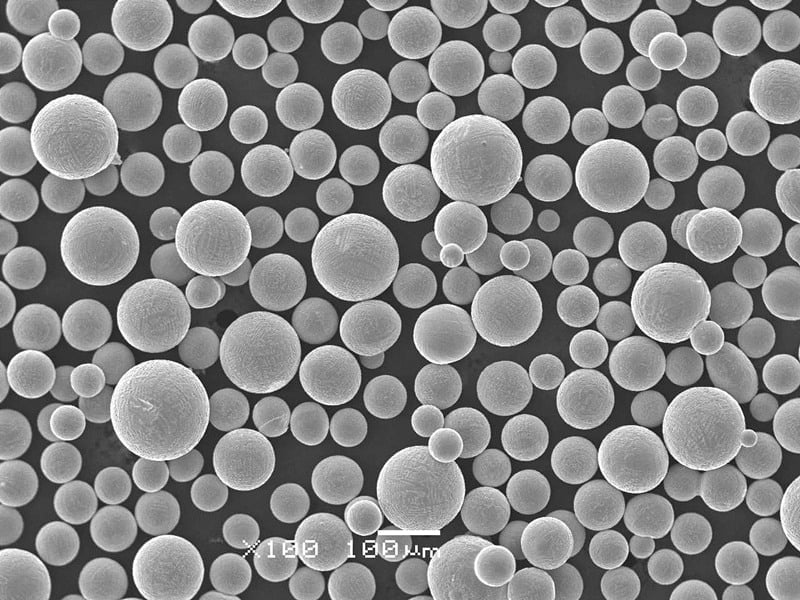

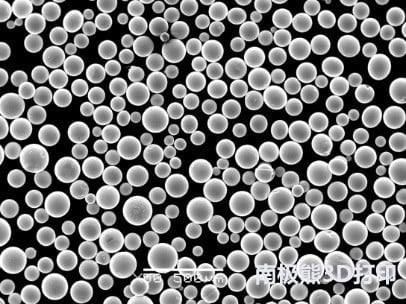
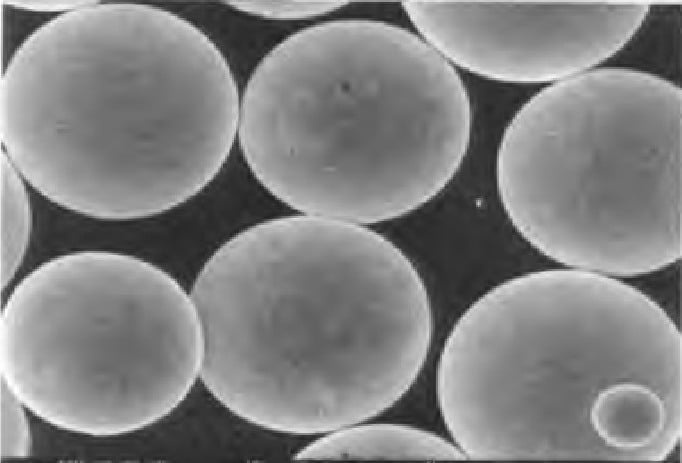
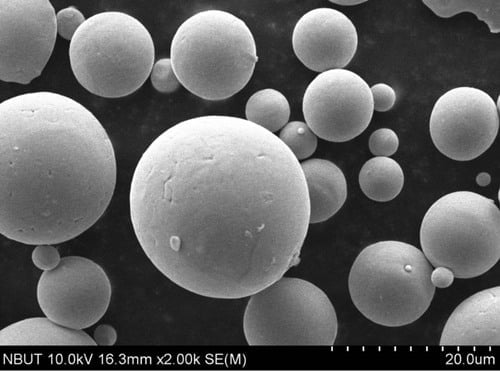
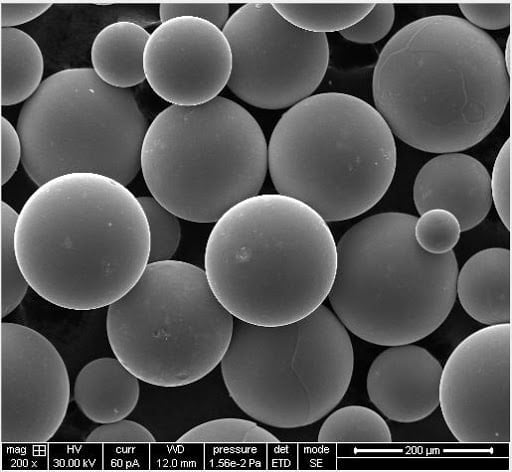
Comparing Pros and Cons of Different Metal Powders
Each metal powder offers distinct advantages and limitations. Here’s a comparison to help you choose the best option for your needs:
| Metal Powder | ข้อได้เปรียบ | ข้อเสีย |
|---|---|---|
| Stainless Steel 316L | Corrosion resistance, strength | Higher cost compared to other steels |
| Titanium Ti6Al4V | Lightweight, high strength-to-weight ratio | Expensive, challenging to process |
| Inconel 718 | Heat and corrosion resistance | Costly, difficult to machine |
| Aluminum AlSi10Mg | Lightweight, good thermal properties | Lower strength compared to steel |
| Tool Steel H13 | Hardness, wear resistance | Brittleness, requires heat treatment |
| Cobalt-Chrome CoCr | Biocompatibility, corrosion resistance | High cost, limited availability |
| Nickel Alloy 625 | Strength, oxidation resistance | Expensive, difficult to machine |
| Copper Cu | Conductivity, thermal properties | Oxidizes quickly, lower strength |
| Maraging Steel MS1 | High strength, good toughness | Requires aging heat treatment |
| Bronze CuSn10 | Wear resistance, attractive finish | Lower strength, limited high-temperature applications |
Choosing the Right Supplier
Selecting the right 3D printer powder supplier involves more than just looking at price. Consider factors such as:
- Quality Control: Ensure the supplier has stringent quality control measures to guarantee powder consistency.
- Technical Support: Good suppliers offer technical assistance to help you optimize the printing process.
- ความพร้อมใช้งาน: Check if the supplier can meet your demand and supply requirements.
- Reputation: Look for reviews and testimonials from other customers to gauge the supplier’s reliability.
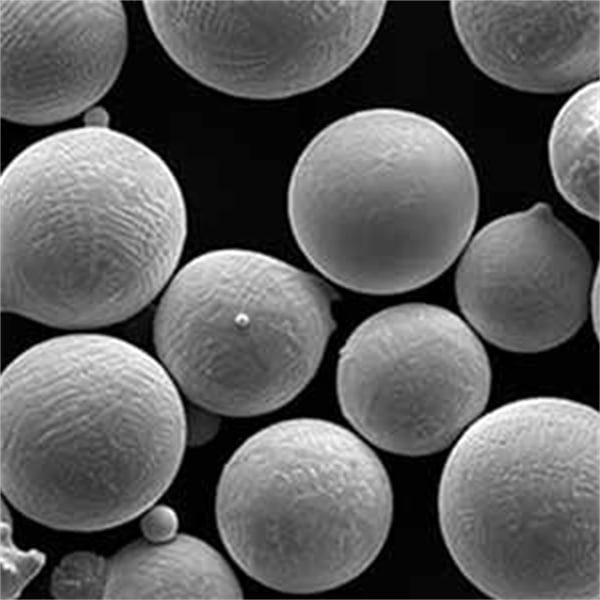
คำถามที่พบบ่อย
What materials do they offer?
Different 3D printing processes use different powders. Make sure the supplier offers the material you need, such as nylon, metal, or resin refer to 3D Printing Materials for specifics.
Do they specialize in certain materials?
Some suppliers focus on specific materials and may offer a wider variety and deeper expertise in that area.
Can they customize powders?
For advanced applications, you might need a powder with specific properties. See if the supplier offers customization options.
How do they ensure powder quality?
Consistent particle size, shape, and purity are essential for good printing results. Ask about the supplier’s quality control procedures.
Do they offer safety data sheets (SDS)?
Powders can be hazardous. Always request and review the SDS for any material you plan to use.
What are their minimum order quantities?
This can be important depending on the size of your project.
What are their shipping options?
Consider shipping costs and lead times when making your decision.
Do they offer technical support?
Having access to a knowledgeable representative can be helpful if you encounter any issues.
About 3DP mETAL
Product Category
ติดต่อเรา
มีคำถามอะไรไหม? ส่งข้อความมาเดี๋ยวนี้! หลังจากที่ได้รับข้อความแล้ว เราจะประมวลผลคำขอของคุณพร้อมทีมงานทั้งหมด
